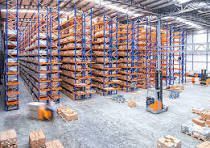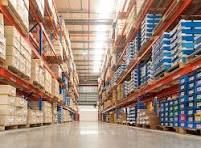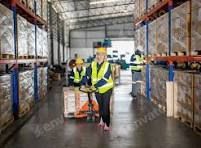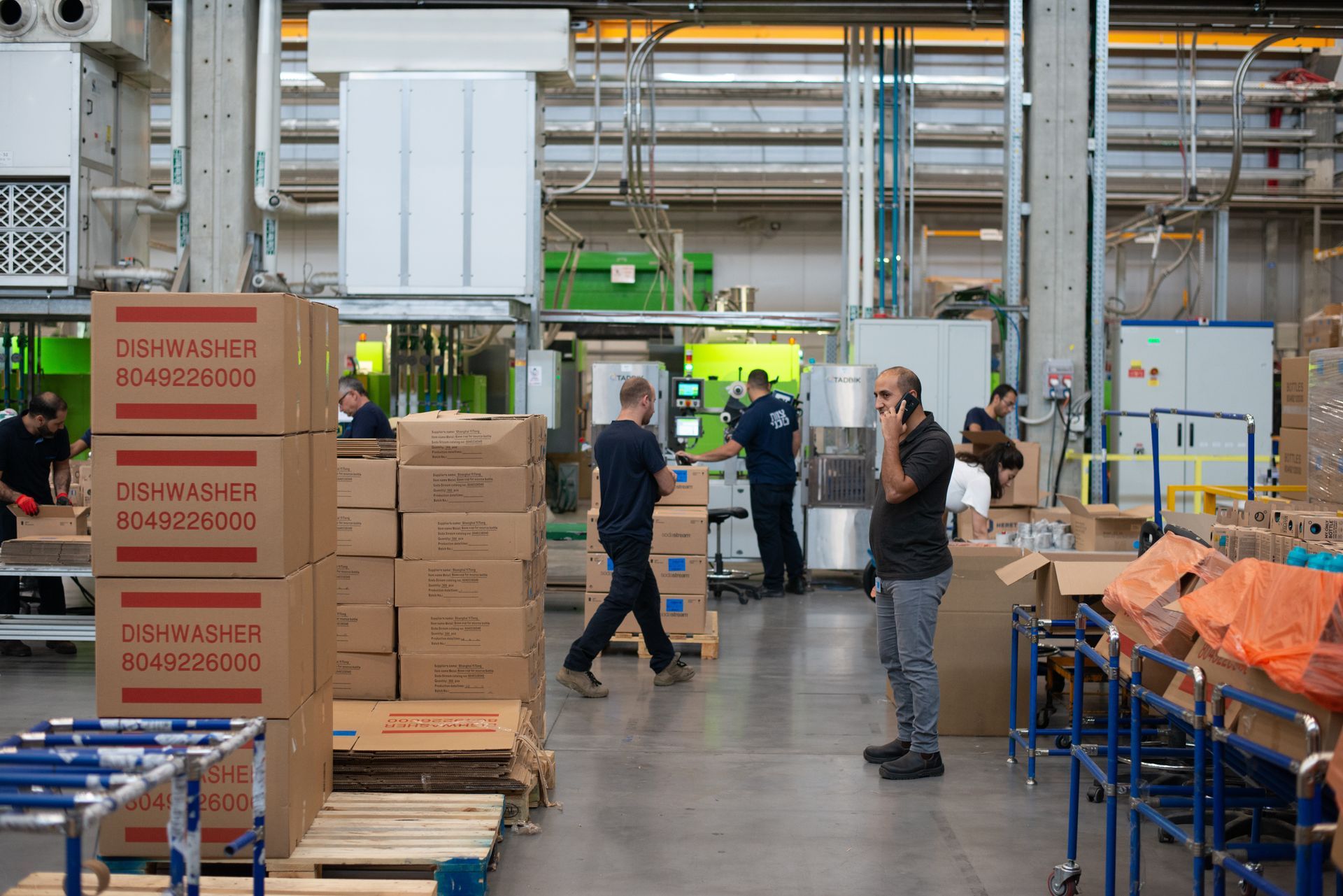Sustainable Warehouse Operations: Steps Towards an Eco-friendly Future
The warehouse industry, in particular, faces imperative challenges to reduce its carbon footprint and environmental impact. Operations in this sector consume significant energy and resources, amplifying the urgency for environmentally friendly initiatives and business practices.
As an industry-leading staffing company that specializes in the automotive and warehouse sectors, Front Line All Temps is dedicated to supporting warehouse businesses in their transition toward a greener and more sustainable future. By providing specialized staffing solutions, we empower the industry with the human resources needed to adopt and implement forward-looking eco-friendly practices.
Creating a sustainable warehouse operation requires consistent efforts and investments across various areas in the industry. This blog series will focus on the adoption of environmental initiatives and sustainable best practices, covering a wide range of topics, such as:
1. Energy Conservation and Management: Learn how to optimize warehouse energy consumption through efficient lighting, climate control systems, and innovative technologies, reducing energy expenditure and emission rates.
2. Waste Reduction and Recycling:
Explore strategies and technologies that enable the minimization of waste generation, as well as promote recycling and efficient resource utilization.
3. Green Building Techniques: Uncover how incorporating eco-friendly building materials, design principles, and certification standards can contribute to a more sustainable warehouse infrastructure.
4. Environmentally Responsible Logistics:
Implement ethical sourcing and logistics practices, such as adopting efficient transportation and shipment methods to reduce the environmental impact of warehouse operations.
5. Employee Awareness and Training:
Cultivate environmental consciousness among warehouse employees through educational programs, training, and engagement initiatives, ensuring a collaborative approach to sustainability.
By delving into this comprehensive blog series on sustainable warehouse operations, businesses can acquire in-depth knowledge, practical strategies, and actionable insights, enabling them to create eco-friendlier, resource-efficient, and cost-effective operations.
Stay tuned for expert advice, industry updates, and real-world cases highlighting the benefits and competitive advantages of embracing environmental sustainability in the warehouse industry. Let's embark on this journey toward a greener future with Front Line All Temps.
Warehouse Robotics and Automation:
The integration of robotics and automation into warehouse operations has unlocked new levels of efficiency and productivity. Companies that have adopted these cutting-edge solutions stand to benefit from numerous advantages, including:
1. Improved throughput and productivity:
Robots can work around the clock without breaks or fatigue, significantly boosting warehouse productivity levels and reducing lead times.
2. Enhanced accuracy and reduced errors: Automated systems can efficiently manage tasks with remarkable precision, resulting in fewer errors and improved order accuracy.
3. Lower labor costs and increased safety:
Warehouse robots can handle repetitive, hazardous, or physically demanding tasks, reducing human intervention and the potential for accidents or injuries.
4. Scalability and flexibility:
Robotics and automation solutions can easily scale up or down as needed, adapting to fluctuating demand levels and operational requirements.
Internet of Things (IoT) Integration:
The Internet of Things refers to the interconnectivity of devices through the Internet, enabling data sharing and communication between multiple systems. Here's how IoT can revolutionize warehouse processes:
1. Enhanced visibility and tracking:
Wireless sensors and RFID technology enable real-time tracking and monitoring of inventory and assets, providing complete visibility into warehouse operations.
2. Predictive maintenance and equipment monitoring:
IoT devices can monitor equipment performance and notify operators of potential issues or maintenance needs, helping to preempt issues before they result in downtime or costly repairs.
3. Improved energy efficiency:
IoT devices offer insights into real-time energy usage, enabling warehouse managers to make informed decisions about resource management and energy conservation.
4. Streamlined communication and collaboration:
Seamless connectivity between devices and systems facilitates improved coordination and collaboration among warehouse staff and stakeholders.
Drones and Unmanned Aerial Vehicles (UAVs):
Drones offer exciting opportunities to enhance warehouse operations, including:
1. Inventory management: Drones equipped with cameras or RFID sensors can rapidly conduct inventory checks, reducing the time and human effort involved in manual inventory processes.
2. Inspections and surveillance:
Drones can access difficult-to-reach areas of the warehouse to inspect equipment, infrastructure, and safety conditions.
3. Material handling and transport: Some drones are designed to lift and transport small payloads, offering an efficient alternative for short-range material movement within the warehouse.
Artificial Intelligence (AI) and Machine Learning:
AI and machine learning technologies have significant potential to optimize warehouse processes and decision-making. Key applications include:
1. Data-driven decision-making: AI-powered analytics can transform vast amounts of warehouse data into actionable insights, informing strategic decisions and improving efficiency.
2. Demand forecasting and inventory management: Machine learning algorithms can analyze historical data and trends to predict future demand, enabling more accurate inventory planning and minimizing stockouts or overstocking.
3. Warehouse management systems (WMS) optimization:
AI can enhance WMS capabilities by continuously optimizing workflows and processes based on real-time data.
4. Customer service and support: AI-driven chatbots can interact with customers and resolve issues quickly, offering timely and accurate support for warehouse clients.
Conclusion:
The warehouse industry is undergoing a significant transformation fueled by the rapid adoption of ground-breaking technologies like robotics, IoT, drones, and AI. As a warehouse manager or business owner, it's crucial to stay informed about these developments and their potential impact on your operations. By embracing these emerging technologies and leveraging their capabilities, businesses can unlock new levels of efficiency, productivity, and competitiveness.
Partner with Front Line All Temps to access unparalleled industry expertise and
staffing solutions, ensuring you have the resources and workforce necessary to thrive in the technologically-driven landscape of the warehouse industry.










